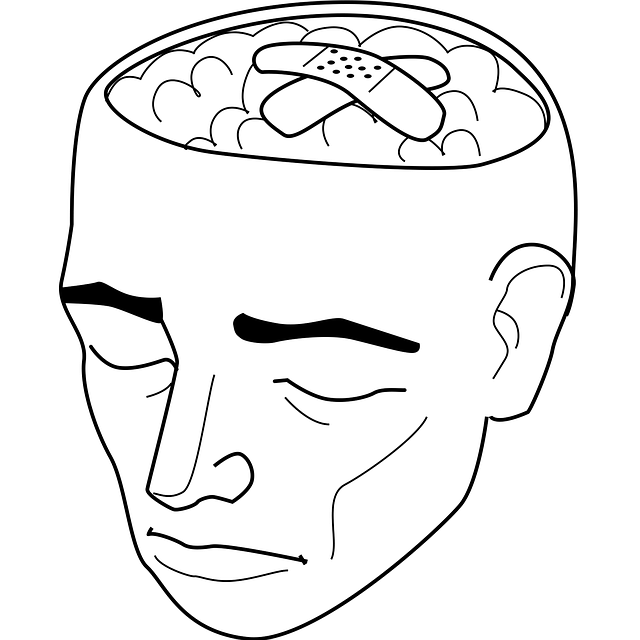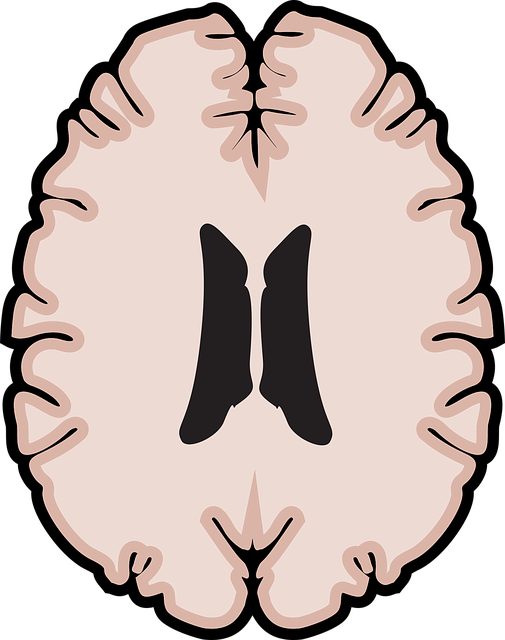Mental health advocacy, as demonstrated by Westminster First Responders Therapy, plays a crucial role in supporting first responders' well-being and addressing mental illness. This program combines crisis intervention with mental health coaching, offering immediate aid and long-term strategies to manage emotional challenges. By prioritizing early intervention, breaking down barriers between urgent care and ongoing treatment, and destigmatizing mental health conversations, these initiatives enhance community resilience and foster a supportive environment. Through specialized therapy tailored to first responders' needs, they reduce burnout and stigma, normalizing help-seeking behaviors and improving overall mental health outcomes for diverse communities.
Mental health advocacy initiatives play a crucial role in fostering community wellbeing. This article explores key aspects of mental health advocacy, focusing on the innovative Westminster First Responders Therapy program. We delve into its impact and how first responders can serve as vital advocates for mental health. Additionally, we discuss effective strategies, techniques, and ways to overcome challenges faced by these advocates, with a special emphasis on Westminster’s unique approach.
- Understanding Mental Health Advocacy: A Key Role for First Responders
- Westminster First Responders Therapy: An Innovative Approach
- The Impact of Advocacy on Community Mental Wellbeing
- Strategies and Techniques for Effective Mental Health Advocacy
- Overcoming Challenges: Supporting First Responders in Advocacy Efforts
Understanding Mental Health Advocacy: A Key Role for First Responders

Mental Health advocacy plays a pivotal role in fostering understanding and support for individuals grappling with mental illness. For first responders, such as those associated with Westminster First Responders Therapy, this advocacy takes on an even more crucial significance. These professionals are often the first point of contact for individuals experiencing a mental health crisis. Therefore, equipping them with the knowledge and skills to provide compassionate and informed support is essential.
Through Self-Awareness Exercises and engaging in Mental Wellness Podcast Series Production, first responders can enhance their own mental wellness while gaining insights into various aspects of mental illness. This not only enables them to de-stigmatize mental health issues but also empowers them to offer effective assistance without judgment. Efforts towards Mental Illness Stigma Reduction are paramount in creating a more inclusive and supportive environment for those seeking help.
Westminster First Responders Therapy: An Innovative Approach

Westminster First Responders Therapy is an innovative approach that combines crisis intervention with mental health support. This program aims to address the immediate needs of individuals experiencing a psychological crisis while also fostering long-term mental wellness. By integrating therapy services into emergency response systems, Westminster First Responders Therapy breaks down barriers between urgent care and ongoing mental health treatment.
This initiative prioritizes early intervention and prevention, recognizing that mood management is crucial for mitigating the impact of mental health issues. Through tailored mental wellness coaching programs, individuals receive the necessary tools to navigate their emotional challenges effectively. The development of such programs not only enhances crisis response but also contributes to broader Mental Health Awareness, ultimately promoting a more supportive and inclusive community environment.
The Impact of Advocacy on Community Mental Wellbeing

Mental health advocacy plays a pivotal role in fostering community wellbeing. Initiatives like Westminster First Responders Therapy exemplify this impact by providing immediate support to individuals facing mental health crises. Through their swift intervention, they not only alleviate immediate distress but also initiate long-term recovery journeys. Advocacy groups, often comprising dedicated volunteers and professionals, serve as a lifeline for many by destigmatizing mental health issues within communities.
Effective advocacy strategies, such as Communication Strategies and Stress Management Workshops, empower individuals to recognize and manage their mental health proactively. Additionally, Confidence Boosting programs encourage open dialogue about mental wellbeing, creating safer spaces where people can share their experiences without fear of judgment. These initiatives collectively contribute to a more resilient community, where mental health is prioritized and supported at every turn.
Strategies and Techniques for Effective Mental Health Advocacy

Effective mental health advocacy requires a multi-faceted approach that combines robust strategies and techniques. One powerful method is through Westminster First Responders Therapy, which brings specialized mental health professionals directly into communities, especially in areas with limited access to traditional services. This initiative not only enhances accessibility but also normalizes conversations around mental wellness, breaking down stigma.
Implementing a Community Outreach Program and Mental Health Education Programs designed with input from local stakeholders can help identify unique needs and tailor solutions accordingly. Engaging diverse communities through accessible communication strategies, such as social media campaigns, workshops, and peer support groups, ensures that advocacy efforts resonate deeply. These collaborative approaches foster trust, encourage open dialogue, and ultimately lead to improved mental health outcomes for all.
Overcoming Challenges: Supporting First Responders in Advocacy Efforts

Mental health advocacy initiatives often face significant challenges when it comes to engaging first responders—those on the front lines who deal with crises and traumatic events daily. These professionals, while essential in emergency situations, can also suffer from high rates of burnout and mental illness due to the demanding nature of their work. Overcoming these challenges is crucial for effective advocacy.
Westminster First Responders Therapy is a prime example of an initiative that supports these individuals by providing specialized therapy services tailored to address their unique needs. By focusing on burnout prevention and empathy-building strategies, such programs aim to reduce the stigma surrounding mental illness among first responders and encourage open conversations about their own well-being. This, in turn, fosters a culture where help-seeking is normalized, leading to better support for both individuals and the communities they serve.
Mental health advocacy initiatives, as exemplified by innovative programs like Westminster First Responders Therapy, play a pivotal role in fostering community mental wellbeing. By equipping first responders with the necessary tools and support, we can significantly enhance their ability to address mental health crises effectively. Understanding the impact of advocacy and employing strategies such as those highlighted in this article, communities can create a more supportive environment for everyone’s mental health, ensuring that help is readily available when needed most.














